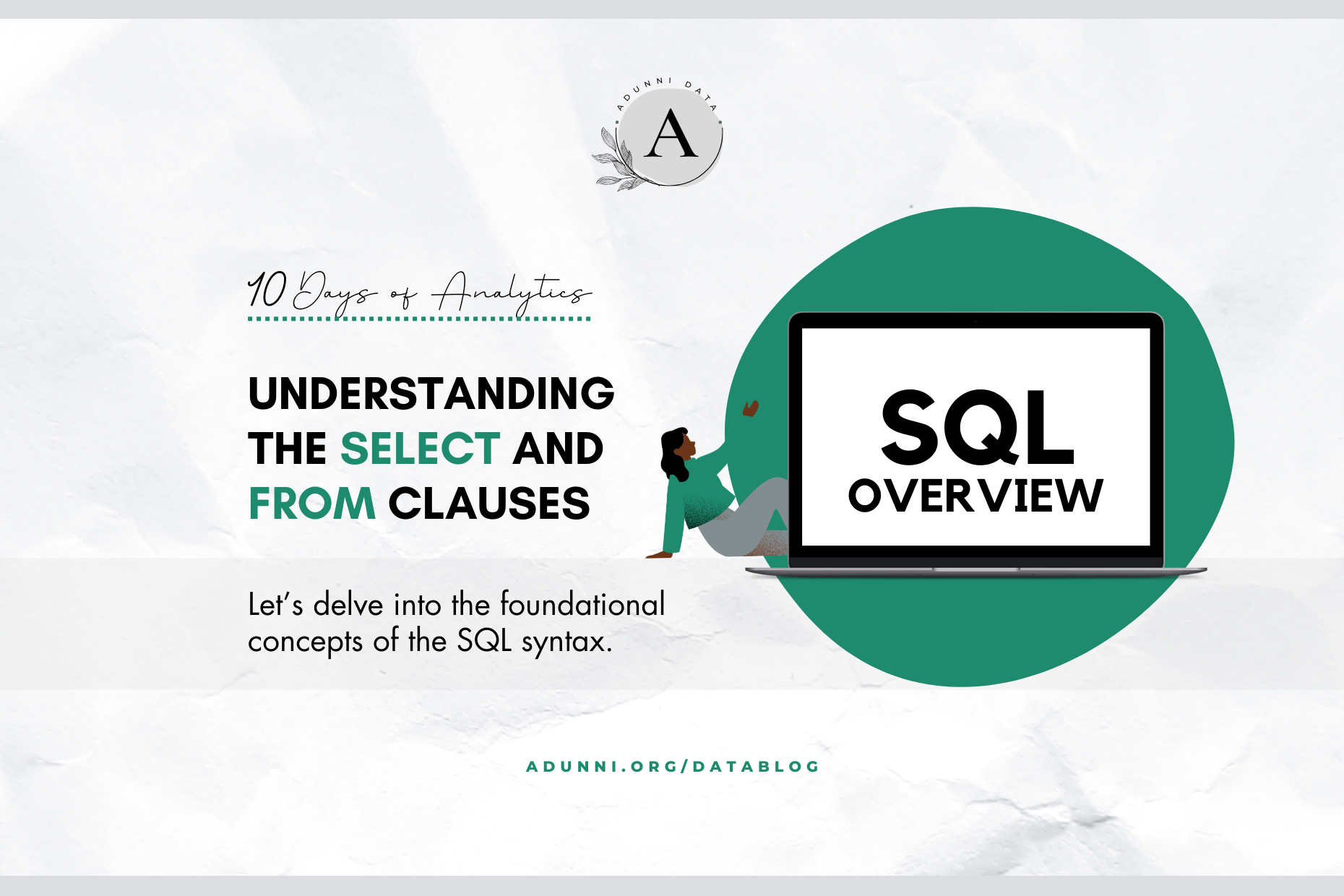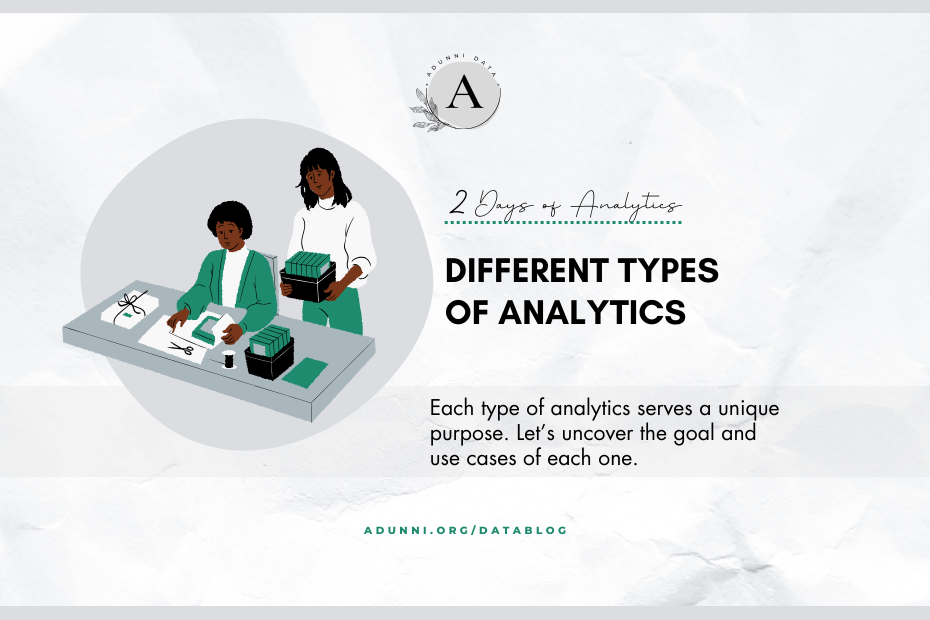A myriad of job titles related to data and analytics have emerged since data analytics became popular. While they may seem similar, each role has its own distinct responsibilities and contributions.
Let’s explore what these job titles mean and how they impact the business landscape.
Product Analyst
- Role: Product analysts focus on understanding how users interact with a company’s products or services. They collect and analyze data to uncover user behavior, preferences, and pain points. This information is then used to guide product development and enhancements.
- Contribution: Product analysts help companies create user-centric products by providing insights into what users need and want.
Business Analyst
- Role: Business analysts bridge the gap between the business’s needs and its IT capabilities. They gather and analyze data to identify areas where technology can improve business processes and operations.
- Contribution: Business analysts enable organizations to make data-driven decisions that enhance efficiency and profitability.
Business Intelligence Analyst
- Role: Business Intelligence (BI) analysts specialize in using data to create reports, dashboards, and visualizations. They help businesses monitor key performance indicators (KPIs) and gain insights into their operations.
- Contribution: BI analysts make data accessible and understandable, allowing businesses to make informed decisions based on real-time information.
Data Analyst
- Role: Data analysts are responsible for collecting, processing, and analyzing data. They identify trends, patterns, and correlations in data, which aids decision-making and problem-solving.
- Contribution: Data analysts provide insights that help organizations understand past and current situations, guiding strategic choices.
Marketing Analyst
- Role: Marketing analysts focus on data related to marketing efforts. They analyze customer behavior, campaign performance, and market trends to optimize marketing strategies.
- Contribution: Marketing analysts help businesses allocate resources effectively and ensure marketing efforts are targeted and efficient.
Financial Analyst
- Role: Financial analysts are primarily concerned with financial data. They assess investment opportunities, evaluate financial performance, and create forecasts to support financial decision-making.
- Contribution: Financial analysts play a critical role in helping organizations manage their finances, make investment decisions, and plan for the future.
Quantitative Analyst
- Role: Quantitative analysts, often referred to as “quants,” use mathematical and statistical models to analyze financial and risk data. They work in finance and investment to develop trading strategies, assess risk, and optimize portfolios.
- Contribution: Quantitative analysts enable financial institutions to make data-driven decisions regarding investments, risk management, and trading.
In Summary
The world of data and analytics is vast and diverse, offering a wide range of career opportunities. Each job title plays a unique role in collecting, analyzing, and interpreting data to drive informed decision-making and strategic planning.
By understanding the distinctions between these roles, both professionals and organizations can leverage the power of data to achieve their goals and stay competitive in the data-driven landscape.
Did you learn anything new? Share your new insights with us on Facebook, LinkedIn or Instagram and don’t forget to tag us!



